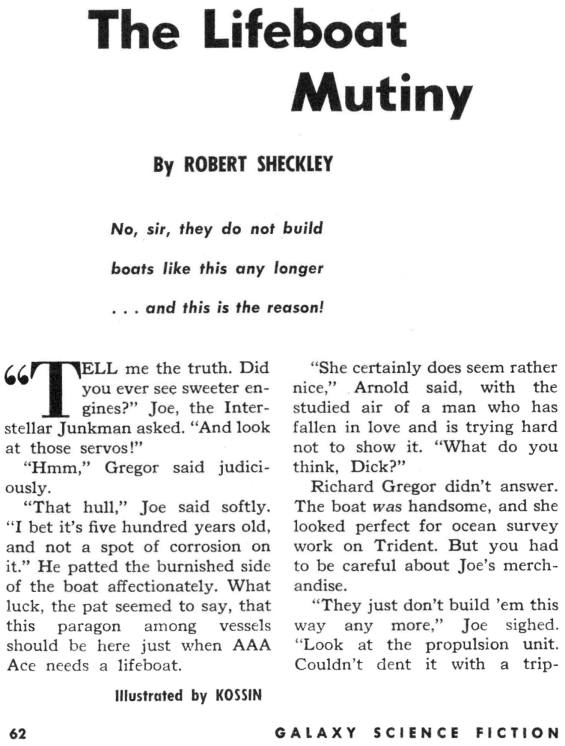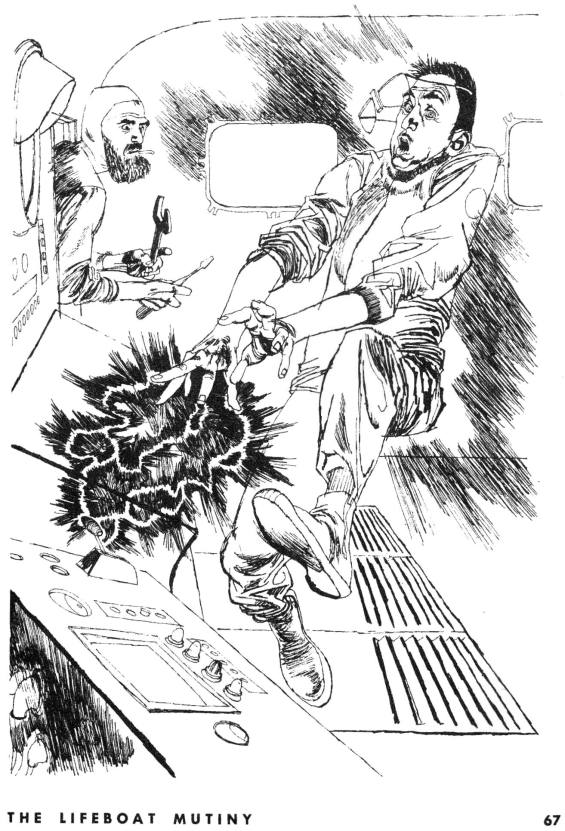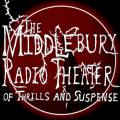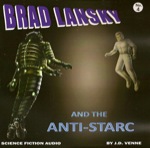
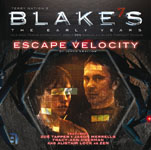
 Blake’s 7: The Early Years: Zen: Escape Velocity (Volume 2.1)
Blake’s 7: The Early Years: Zen: Escape Velocity (Volume 2.1)
By James Swallow; Directed by Andrew Mark Sewell; Performed by a full cast
1 CD – Approx. 1 Hour [AUDIO DRAMA]
Publisher: B7 Productions
Published: April 26, 2010
ISBN: 978190657709
Themes: / Science Fiction / Artificial Intelligence / Cloning / War / Aliens /
Based on Terry Nation’s seminal 70s science fiction TV series, The Early Years is a prequel series of audio stories that explores the origins of key Blake’s 7 characters prior to them meeting rebel leader Roj Blake. This latest entry to the ever-expanding series takes a new twist, concentrating on a character that doesn’t breathe or have any parents, the synthetic intelligence known only as Zen. When Roj Blake first stepped on board the mysterious, derelict alien spaceship Liberator, his every movement was monitored by the ship’s controlling intelligence, Zen Luckily, Blake and his rebel crew managed to gain the ‘confidence’ of this creation from an alien world and so he was able to use the Liberator in their quest for justice against the Federation. But the origins of Zen have remained a mystery, until now. What terrible catastrophe left the Liberator drifting and shattered? What drove the ship’s intelligence to murder its original crew? What dark secrets lie at the heart of this alien machine? And are Blake and his crew really safe on board the Liberator?
Often, you’ll want to know somebody’s back-story, and then later, when you actually get it – in a prequel story – you’ll find that it is far, far, far less interesting than whatever was going on in your imagination. For me, the years between 1980 and 1999 were ones filled with near-reverence for a fascinating character, the ultimate baddie: Darth Vader. But no amount of apologetics can possibly remove the sickly saccharine story of a nine-year-old Darth Vader filled with “a high concentration” of midichlorians. Yuck. And yet “prequel” is not always a dirty word. I don’t feel that way about The Young Indiana Jones Chronicles, and likewise the Blake’s 7 prequel stories (1.1 |READ OUR REVIEW|, v.1.2 & 1.3 |READ OUR REVIEW|, 1.4 |READ OUR REVIEW|). By far the most mysterious character in the original TV series was Zen, the artificial intelligence. Zen was pretty closed-circuit about its past, not revealing much over the two years it appeared in the series (1978 – 1980). In life Zen “projected a dour, non-committal personality” and would “reply to certain questions with the phrase ‘That information is not available.'” This left left open the possibility that Zen was hiding secrets or “secretly executing its own agenda.” In this magnificent audio drama we are given a genuinely interesting explanation as to why Zen was so very melancholic, why the ship was found crew-less, seemingly abandoned and drifting near Cygnus Alpha.
Zen: Escape Velocity clearly reveals the frightening truth about all of Zen’s character quirks and its cryptic answers from the TV series. But it also shows more. Back in 2008 I reviewed the Blake’s 7 – Audio Adventures boxed set |READ OUR REVIEW| – the first three episodes of the new B7 audio drama series. One detail found within that review was that Zen was, unlike the original series, suicidal at the time of its discovery. Listening to Zen: Escape Velocity you will discovery exactly why that was so.
Six actors, Zoë Tapper, Jason Merrells, Tracy-Ann Oberman, Alastair Lock, Sam Woodward and Pamela Banks play different members of the original crew of the Liberator (back when it was still called “Deep Space Vehicle 2” and when Zen was called “SHIP-MIND”). The story, told by a careful cross-cutting backwards and forwards in time, shows the original crew welcoming their new PILOT, Zoë Tapper, aboard DSV2. Strangely, she is having memory problems and needs shepherding by the ship’s doctor. As the crew takes its positions and readies themselves for battle, we learn about their fascinating society. This is wonderful social Science Fiction like nothing exactly I’ve read or seen or heard before!
Zen (SHIP-MIND) only used the first-person, singular personal pronoun (“I”) once on the television series – it is used multiple times in this production. Zoë Tapper (who appeared in another Terry Nation re-imagined series) and Jason Merrells (playing the doctor), are the central sympathetic heroes of Zen: Escape Velocity. Alastair Lock, who also acts as a post-producer, musician and sound effects man for the CD, portrays SHIP-MIND (Zen). Sounds are rich, deep and best experienced in a quiet room. The stereo effect and a good set-of headphones,as I used, will bring an immense visual experience that belies the fifty-six minute running time. A five minute “Bonus Music Track” (original to this episode) rounds out the disc.
Posted by Jesse Willis



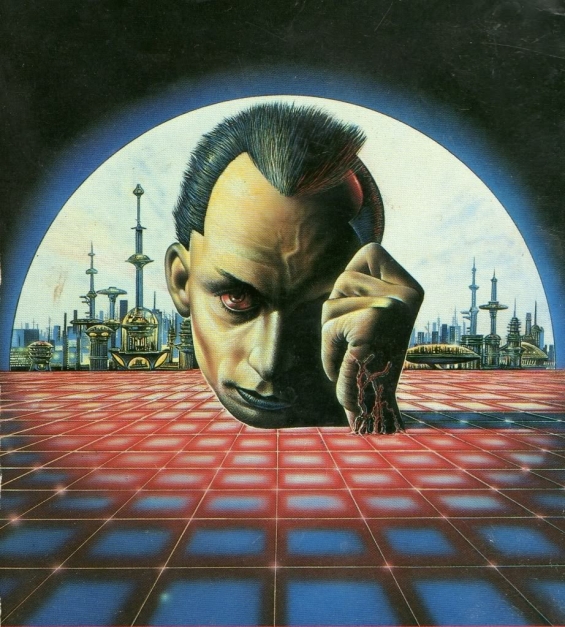
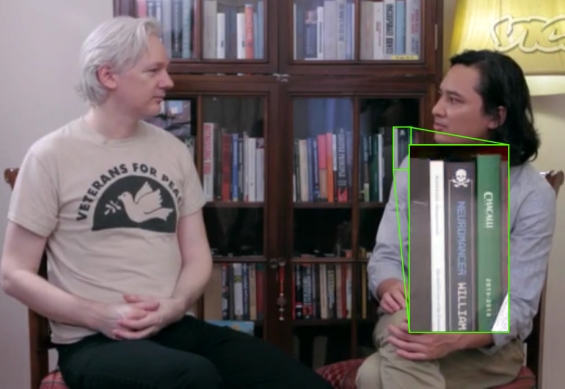



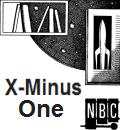 X-Minus One – The Lifeboat Mutiny
X-Minus One – The Lifeboat Mutiny